Photographs: Kevin Lamarque/Reuters Priyanka Joshi in Mumbai
With its Ultrabooks, leading chipmaker, Intel, has brought enterprise features like cloud services, lighter devices with longer battery periods and remote data security on devices like laptops, smartphones and PCs to the consumer.
The company claims by next year, these would start having an impact in the traditional PC market.
According to Intel estimates, by next year, Ultrabooks would account for 40 per cent of laptop sales to consumers across the globe.
R Sivakumar, managing director (sales & marketing group), Intel, says, "Ultrabook systems unite the performance and capabilities of today's laptops with tablet-like features. Ultrabook devices would deliver a highly responsive and secure experience in a thin, light and elegant design, at mainstream prices."
...
Intel gears up to woo the Indian consumer
Image: A visitor plays with a tablet PC at the Intel booth during the Computex 2011 computer fair at the TWTC Nangang exhibition hall in Taipei.Photographs: Pichi Chuang/ Reuters
He adds consumers would "begin to think of an Ultrabook as a tablet when you want it, a PC when you need it."
Intel's Ultrabook is built around the concept of creating a platform for traditional notebooks or laptops that provides some of the features that have made the Apple iPad so popular.
These include extended battery life, quick boot-up, apps to consume data and the instant-on feature.
The company has already started shipping a few models with Acer. Other PC and laptop vendors such as Asustek, Toshiba and Lenovo are expected to launch their Ultrabook models this year.
...
Intel gears up to woo the Indian consumer
Acer India said it aimed to corner 15 per cent of the India notebook market by 2012 with the Aspire S3 Ultrabook, powered by the second generation Intel Core i processor.
"We expect to sell about 3,000 units of the Ultrabook in a month in the last quarter of 2011," said S Rajendran, chief marketing officer, Acer India.
The Aspire S3 Ultrabook is 1.3-cm thin, weighs less than 1.4 kg. The prices of various Aspire S3 Ultrabook models start from Rs 47,500.
"Just as enterprise users demand speed, we added the instant-on feature that gets the device from sleep-to-active mode in seconds in the Ultrabook. They are energy-efficient, and connect to the internet in 2.5 seconds," says Sivakumar.
He also unveiled the Intel Anti-Theft Service, along with partner Infiniti Retail (which operates Croma stores).
...
Intel gears up to woo the Indian consumer
Photographs: Steve Marcus/Reuters
This would offer a theft protection service, bundled with laptops as well as a paid option for Rs 199 for two years from the day the user activates the service. Intel anti-theft technology is built into the laptop hardware as a foundation to lock lost or missing laptops.
The service helps create a secure data vault upon service activation, where private files can be encrypted and stored. It works even if the hard drive is reimaged, reinstalled, changes the boot order, or attempts to avoid connecting to the network.
The company is aware of the fact growth in PC sales is slowing. Leading PC supplier, HP, has been talking about spinning off its PC business, while Google announced its intention to buy Motorola Mobility for its mobile patents.
The company cited its belief that smartphones are becoming the next computing platform.
...
Intel gears up to woo the Indian consumer
Thus, in an attempt to expand the reach of Ultrabooks, Intel Capital, Intel's global investment arm, has already created a $300-million fund to invest in companies building hardware and software technologies.
Comparing the Ultrabook with current tablet PCs, Sivakumar says, "With demand softening in developed markets, emerging economies like India and China are critical for any technology company, and we are no different.
But users want mobility without compromise, at a price that works and devices that give them the power to create. Ultrabooks stand for all of this."
He also admits Ultrabook prices would be scaled down in the near future, as more original equipment manufacturer partners come on board and create their own models.
...
Intel gears up to woo the Indian consumer
Intel's Haswell processor, due in 2013 is expected to cut the thermal design point of the chip to 15 watts, down from 35 watts.
"This would enable it to run on the tablet form factor. We believe Haswell, a mainstream processor, would be Intel's answer to the cannibalisation of the PC market by tablets," says an analyst.
Haswell would feature 20 times reduced power consumption, all-day battery life, and 10 days of connected standby power.
Intel's first purpose-built 32-nanometer platform for smartphones and tablets, codenamed Medfield, has been optimised for both low power and high performance.
...
Intel gears up to woo the Indian consumer
This would deliver longer use-time and advanced imaging capabilities. The platform would enable the launch of tablet models that weigh less than 0.68kg in the first half of next year, and these would support a range of operating systems, including Android and MeeGo.
Yet, the enterprise business remains critical for Intel. Industry statistics indicate for every additional 600 smartphones or 122 tablets, there is a need for a back-end data centre to support the infrastructure.
In Intel's quarterly earnings report in April, chief executive Paul Otellini had said the company was "very bullish" about its data centre business and expected this segment to be a major growth driver for years to come.

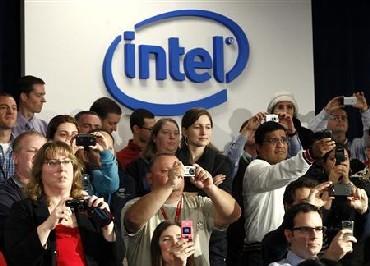
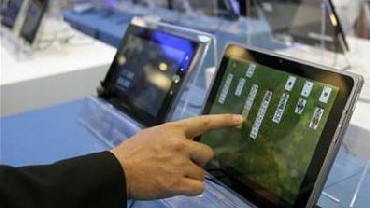
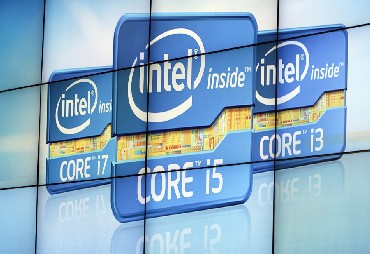
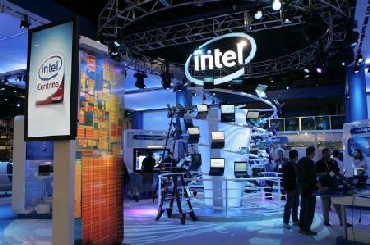
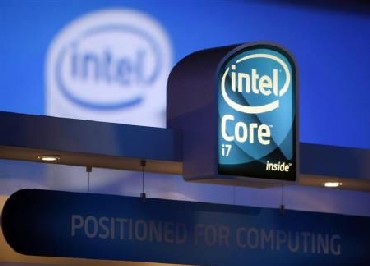
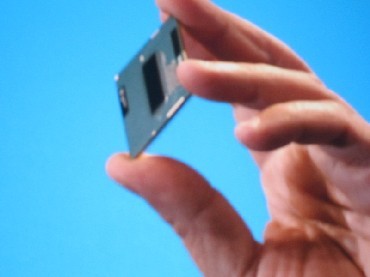
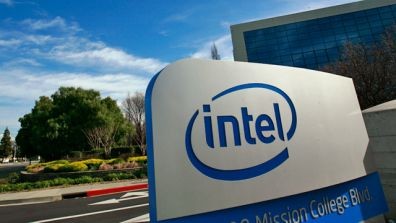

article